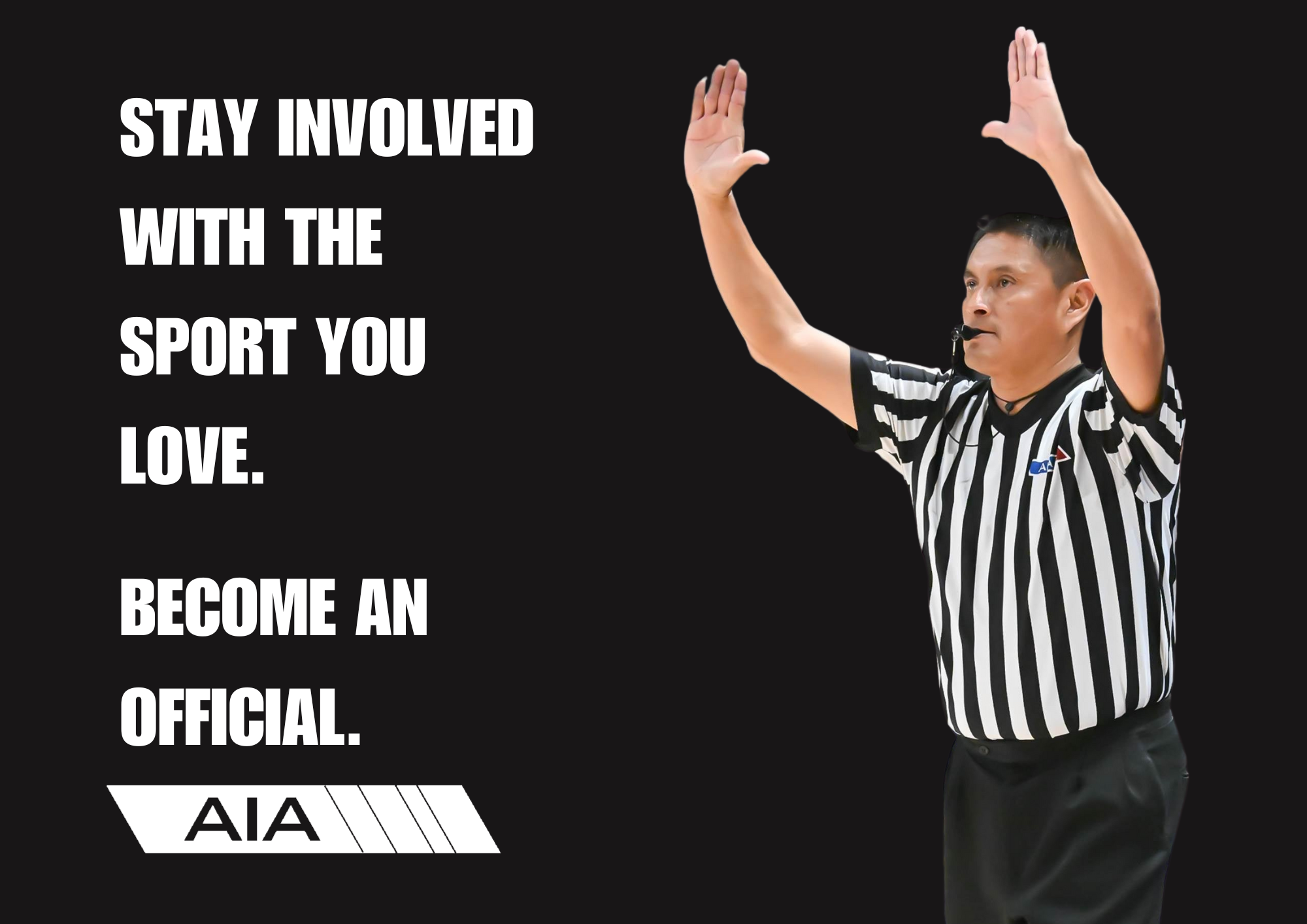The Difficulties of the Dreaded Ninth-Hour
November 28, 2017 by Robert Werner, Arizona State University
PHOENIX — The first whistle is sounded. Freshmen and seniors alike jog over to midfield of the Ray Liang Field on an ordinary Tuesday afternoon. It’s 4:02 p.m. Time for junior varsity and varsity to break off to begin another day of football practice.
Coach Jon Clanton sounds another whistle and the two teams break off. If you look closely, though, something won’t look right to anyone who’s watched more than a few practices - there aren’t more than 25 varsity players present.
The absences from practice are expected. Many students are finishing up what is known as a ninth-hour or a “recovery class.”
“A student has failed that particular content previously so it’s a second-chance class,” Central High School athletic director Gilbert Jones said in his office. “We call it throughout the district 'evening school.' They are engaged in recovering credits. There’s a live teacher in the class that can help the student out.”
Sports, school work and maybe even a job place significant time demands on students at Central. That pressure can create stress.
“It’s pretty tough balancing football and school,” senior captain and defensive tackle Million Williams said. “I have to be at school really early and I'm really tired, but then I just think about my teammates and I just have to try and push for them.”
In the Phoenix Union High School District, ninth-hour classes commence at 3 p.m. and students start to be released at 4:30 p.m. However, this induces another dilemma as football practice for the Bobcats starts at 4 p.m. each day, and the struggle for some student-athletes to make it onto the field for the first whistle is no small chore.
Senior wide receiver Jose Escalera said the challenge of missing practice doesn’t just lie in missing the reps in practice. It’s being unable to learn the scripted offensive plays ahead of each Friday night matchup that proves costly.
And for a player like Escalera, he just wants to be on the field with his team playing the game he loves.
“Sometimes I wanna rush out to football because it’s something I love doing, but I have to get class done first so I can get out there,” Escalera said. “The motivation is that if I don’t pass that class, I won’t get to play out here. That’s why I have to grind hard in the classroom.”
Arizona is a “No Pass, No Play” state, meaning if a student cannot pass each of his or her classes he or she cannot participate in extracurricular activities. When a football player has a ninth-hour it doesn’t just limit what he can do, but the whole team.
“It definitely affects us,” Clanton said. “We start with special teams or we start with offense and obviously when your right tackle isn’t here or your kick returner isn’t here, it affects the whole team and the whole practice.”
While the team may be in a worse situation because of players missing time, Jones said that student-athletes have responsibilities that don’t end in the classroom or on the field.
“Whether it’s watching their brothers or sisters, whether it’s getting a job to actually contribute to the family finances,” Jones said. “That’s pretty much where the major problem that our kids have and also in terms of their studies, their academics. Coming home from practice at 7 o’clock. You’re tired, you’re hungry and then you have three hours of homework facing you. A lot of times the choice is homework or bed and the kids make the wrong choice.”
Tom Williams, a 21-year member of Central’s physical education and community skills department, has seen many student-athletes fail to graduate and sensed the feeling they must possess going into a ninth-hour as “tumultuous.”
“Obviously if a kid is in a ninth-hour, then generally they aren’t on track to graduate, so somewhere along the way they’ve fallen off and they’ve already got issues in front of them that make it hard for them just to survive,” Williams said.
The student-athletes have to juggle class work, family life, and football -- not an easy thing for a teenager to do. The difficulty only grows more massive with the additional issue of facing the dreaded ninth-hours.
“A lot of uncertainty there when those kids are taking the ninth-hour classes,” Jones said. “The stress on that has to be weighing on them pretty heavily.”


